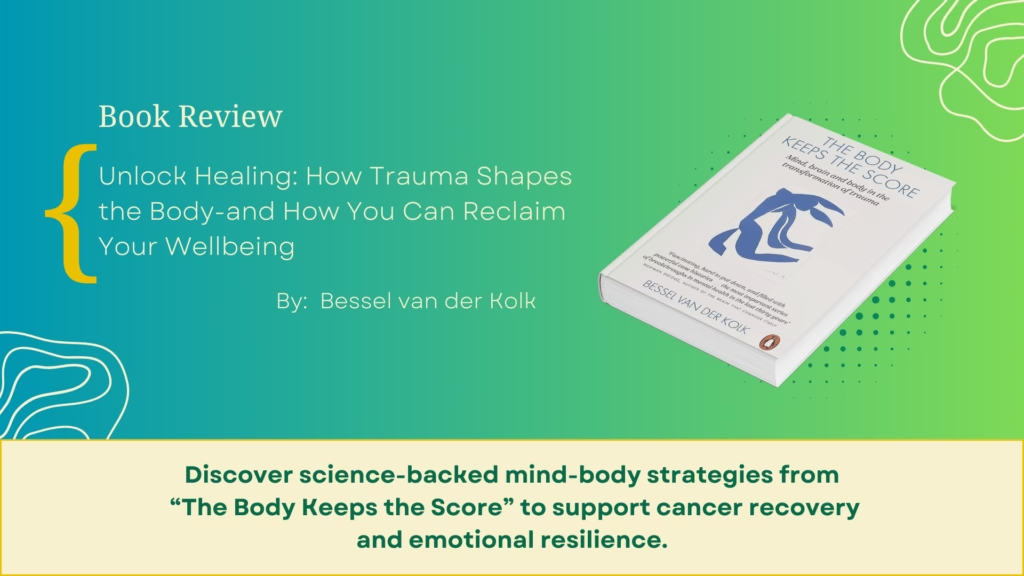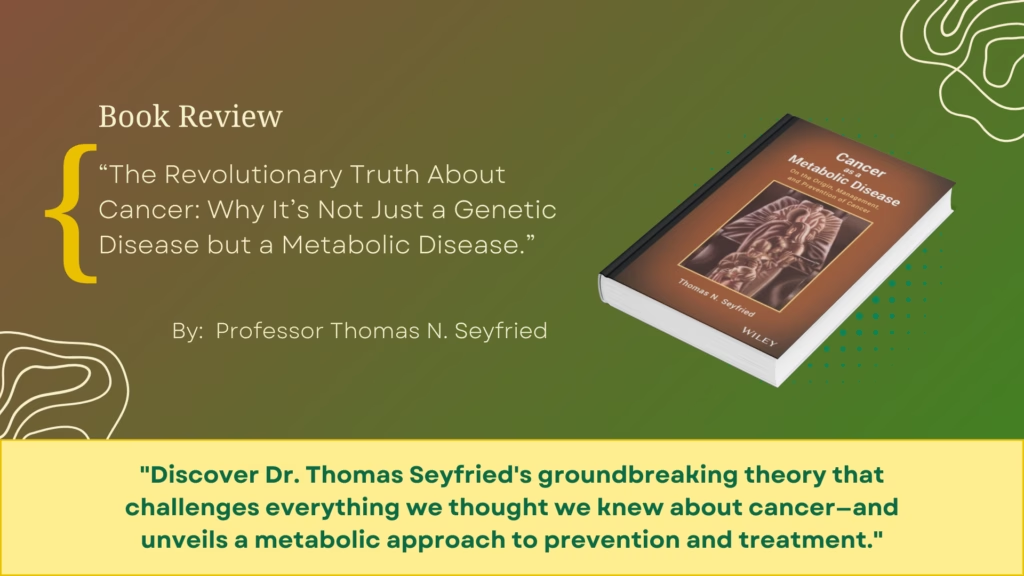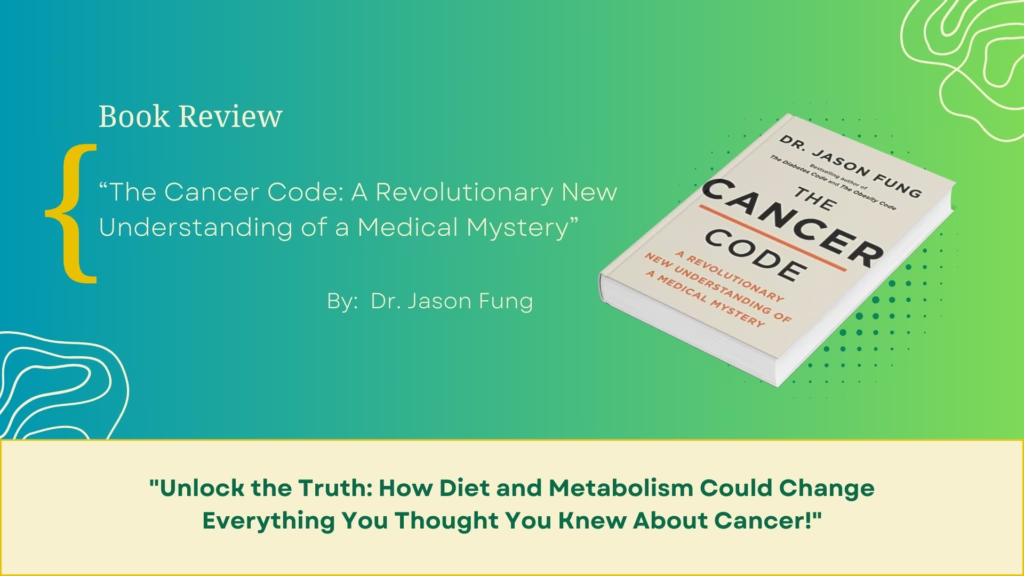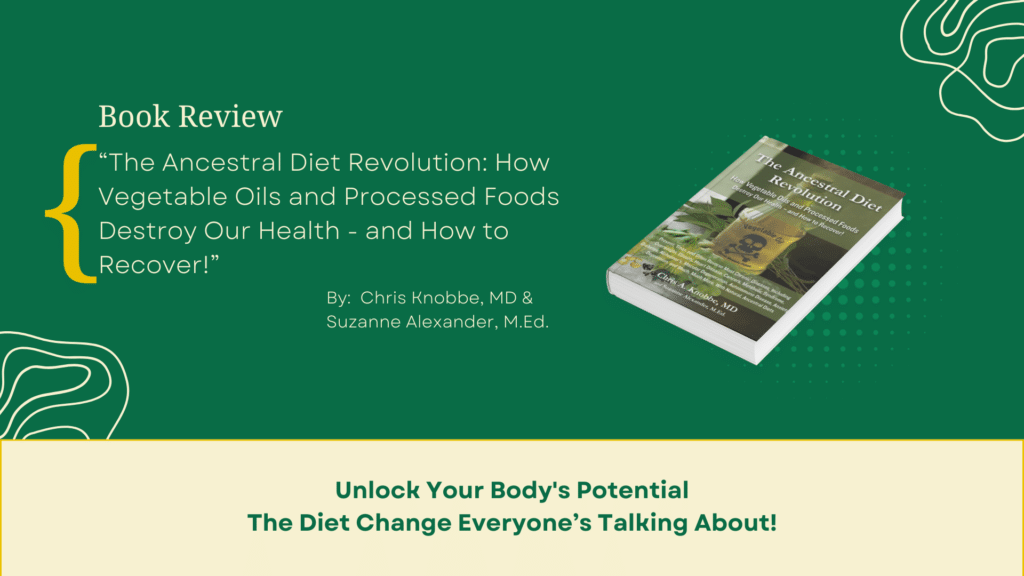
The Body Keeps the Score: Brain, Mind, and Body in the Healing of Trauma Review
Discover how trauma impacts the brain, body, and healing process with our in-depth review of The Body Keeps the Score by Dr.
“Lifespan” delves into the latest scientific advancements that explain how we age and proposes practical strategies for enhancing longevity. The authors explore the role of genes, epigenetics, and cellular mechanisms in ageing, notably focusing on sirtuins and the energy molecule NAD (nicotinamide adenine dinucleotide), as well as the benefits of lifestyle changes like fasting and exercise. The text interweaves personal anecdotes and historical insights, creating a narrative that is both informative and engaging.
I chose to review this book after listening to it on Audible. I found it to be interesting, inciteful, and engaging throughout.
I do hope you will take the time to read or listen yourself.
In “Lifespan,” leading scientist David Sinclair presents groundbreaking insights into the ageing process, positioning it not simply as an inevitable aspect of life, but rather a disease that can be treated. Sinclair’s extensive research has illuminated the complex mechanisms behind ageing, paving the way for potential interventions that could allow humans to extend their health span—the period in which one remains healthy—alongside lifespan.
Sinclair’s assertions align with the emerging consensus among scientists, particularly those involved in metabolic therapy, that cancer and many age-related diseases are fundamentally metabolic in nature. This dovetails with Professor Thomas Seyfried’s research, which posits that cancer can be characterised and potentially treated as a metabolic disease, amplifying the importance of understanding and manipulating cellular metabolism.
His exploration of sirtuins—specifically SIRT1—provides insight into how caloric restriction can activate pathways that enhance cellular health and longevity. His discussions on NAD underscore the potential for supplements as a means to support metabolic functions that decline with age. Sinclair advocates for a multi-faceted approach to prolong lifespan, incorporating not only scientific insights and genetics but also changes in diet, exercise, and overall lifestyle.
One of the most compelling arguments made in “Lifespan” is the notion that society has inadvertently accepted ageing as an unchangeable process. His visionary stance challenges us to rethink our relationship with ageing and its accompanying diseases, including cancer, which Seyfried discusses extensively. The emphasis shifts from merely treating diseases to preventing them at their root by addressing the underlying metabolic dysfunctions that lead to them.
Sinclair’s assertions align with the emerging consensus among scientists, particularly those involved in metabolic therapy, that cancer and many age-related diseases are fundamentally metabolic in nature. This dovetails with Professor Thomas Seyfried’s research, which posits that cancer can be characterised and potentially treated as a metabolic disease, amplifying the importance of understanding and manipulating cellular metabolism.
His exploration of sirtuins—specifically SIRT1—provides insight into how caloric restriction can activate pathways that enhance cellular health and longevity. His discussions on NAD underscore the potential for supplements as a means to support metabolic functions that decline with age. Sinclair advocates for a multi-faceted approach to prolong lifespan, incorporating not only scientific insights and genetics but also changes in diet, exercise, and overall lifestyle.
One of the most compelling arguments made in “Lifespan” is the notion that society has inadvertently accepted ageing as an unchangeable process. His visionary stance challenges us to rethink our relationship with ageing and its accompanying diseases, including cancer, which Seyfried discusses extensively. The emphasis shifts from merely treating diseases to preventing them at their root by addressing the underlying metabolic dysfunctions that lead to them.
“Lifespan: Why We Age—and Why We Don’t Have To” is a vital read for anyone interested in understanding the complex interplay between metabolism and ageing. Sinclair not only poses challenging questions regarding the inevitability of ageing but also offers hope through practical guidance drawn from cutting-edge research. By embracing a metabolic approach to health, readers are encouraged to take active steps toward enhancing their longevity, echoing the principles championed by Professor Seyfried. Overall, Sinclair’s work represents a significant contribution to the discourse on ageing and longevity, shaping the future of how we approach age-related diseases.
This book serves as a cornerstone for both scientific understanding and public discourse on health span and lifespan enhancement, making it essential reading for professionals and laypeople alike. It nudges us closer to redefining what it means to age in a world that is rapidly evolving through science and medicine.
If you can’t wait to get started, here is a list of all the drugs and supplements that get mentioned throughout the book:

This review may present alternative perspectives on cancer that differ from mainstream medical consensus. The theories and approaches discussed are presented for informational purposes only.
Readers should note that this content does not constitute medical advice and should not guide treatment decisions. Any consideration of metabolic approaches to cancer should occur under the supervision of qualified healthcare professionals familiar with your specific medical situation.
Please refer to our full medical disclaimer in the footer for comprehensive information about the educational nature of our content.

Discover how trauma impacts the brain, body, and healing process with our in-depth review of The Body Keeps the Score by Dr.

In Cancer as a Metabolic Disease, Dr. Thomas Seyfried presents a groundbreaking approach to understanding cancer, challenging the conventional genetic

In “The Cancer Code,” Dr. Jason Fung presents a transformative approach to understanding cancer, challenging the conventional perspectives that have

Discover “The Ancestral Diet Revolution” by Chris Knobbe, MD & Suzanne Alexander, M.Ed., a ground-breaking book that reveals how seed